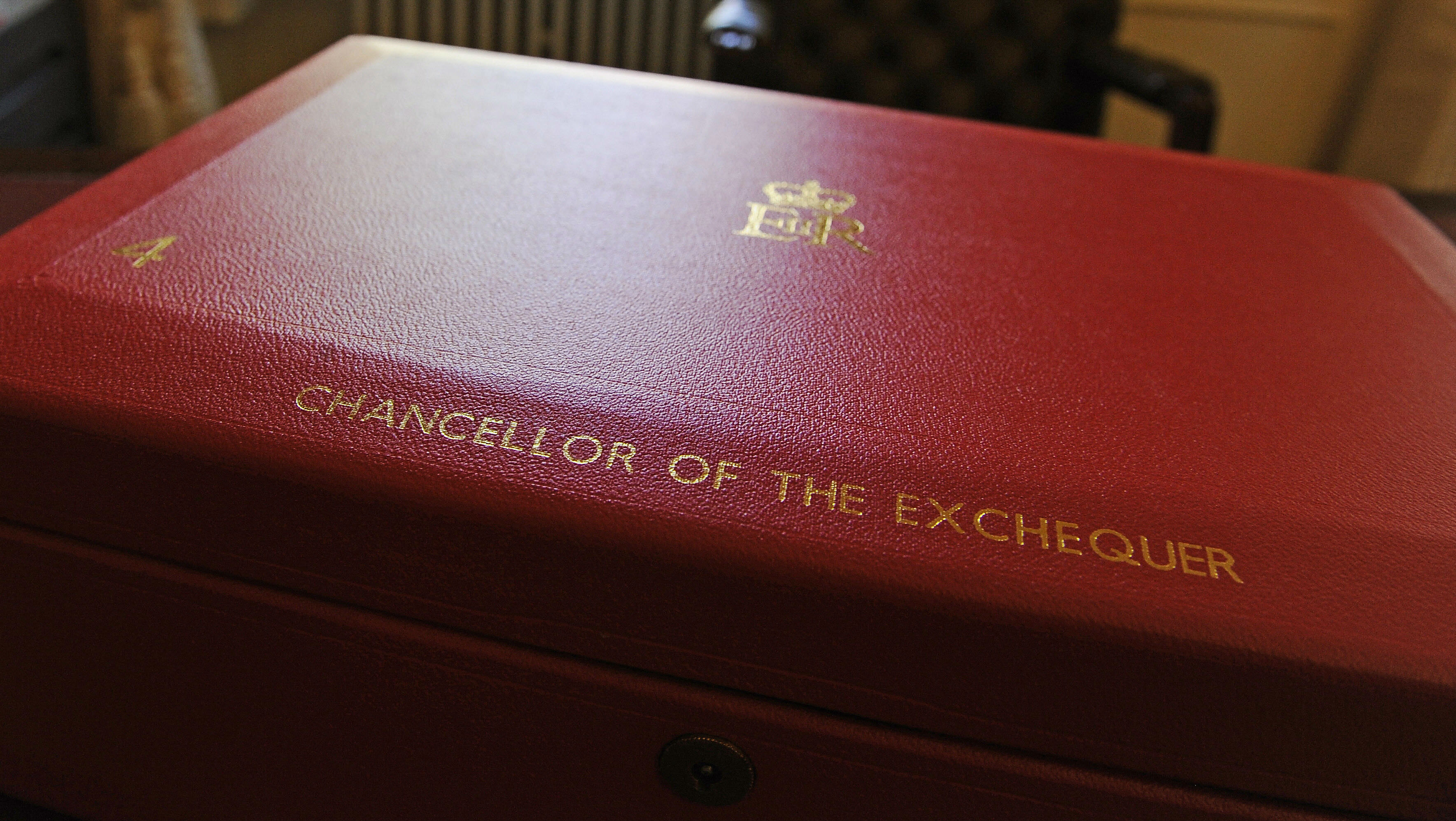Autumn Statement consigned to history
Chancellor Philip Hammond returns to unified autumn budget introduced by Norman Lamont

A free daily email with the biggest news stories of the day – and the best features from TheWeek.com
You are now subscribed
Your newsletter sign-up was successful
Today's Autumn Statement was the first to the delivered by Philip Hammond - and it "will also be my last", he said.
Beginning in autumn 2017, there will only be one budget announcement and it will contain all the fiscal and tax changes for implementation by the beginning of the next tax year.
A smaller "spring statement" will simply be a response to the twice-annual Office for Budget Responsibility (OBR) forecasts and will contain no "significant tax changes", said the Chancellor, announcing his decision to the Commons.
The Week
Escape your echo chamber. Get the facts behind the news, plus analysis from multiple perspectives.

Sign up for The Week's Free Newsletters
From our morning news briefing to a weekly Good News Newsletter, get the best of The Week delivered directly to your inbox.
From our morning news briefing to a weekly Good News Newsletter, get the best of The Week delivered directly to your inbox.
He added: "No other major economy makes hundreds of tax changes twice a year and neither should we."
The Chancellor has long been said not to be a fan of the political grandstanding of his predecessors, which has seen the Autumn Statement, once a modest event known variously as the mini-Budget or pre-Budget report, grow into a major headline event.
The International Monetary Fund claims the "quantum of policy announcements that have been part of Autumn Statements over the last six years… eclipsed the impact of fellow Budget statements by some margin", says FTAdviser.
It called for exactly the measure Hammond announced today: for there to be one annual budget held at least three months before the start of the tax year.
A free daily email with the biggest news stories of the day – and the best features from TheWeek.com
Returning to an autumn budget harks back to the period between 1993 and 1996, when Norman Lamont was Tory chancellor, says former Bank of England rate-setter Andrew Sentence.
Meanwhile, the OBR forecasts in the last Autumn Statement did not make for positive reading. Growth next year, estimated at 2.2 per cent in March, is now predicted to come in at 1.4 per cent, while overall expansion will be 2.4 per cent lower in the next five years.
The BBC says the budget will now not be in surplus by the end of this parliament and there will be £122bn more borrowing in this parliament than had previously been expected.
-
 Why is the Trump administration talking about ‘Western civilization’?
Why is the Trump administration talking about ‘Western civilization’?Talking Points Rubio says Europe, US bonded by religion and ancestry
-
 Quentin Deranque: a student’s death energizes the French far right
Quentin Deranque: a student’s death energizes the French far rightIN THE SPOTLIGHT Reactions to the violent killing of an ultraconservative activist offer a glimpse at the culture wars roiling France ahead of next year’s elections
-
 Secured vs. unsecured loans: how do they differ and which is better?
Secured vs. unsecured loans: how do they differ and which is better?the explainer They are distinguished by the level of risk and the inclusion of collateral
-
 Labour shortages: the ‘most urgent problem’ facing the UK economy right now
Labour shortages: the ‘most urgent problem’ facing the UK economy right nowSpeed Read Britain is currently in the grip of an ‘employment crisis’
-
 Will the energy war hurt Europe more than Russia?
Will the energy war hurt Europe more than Russia?Speed Read European Commission proposes a total ban on Russian oil
-
 Will Elon Musk manage to take over Twitter?
Will Elon Musk manage to take over Twitter?Speed Read The world’s richest man has launched a hostile takeover bid worth $43bn
-
 Shoppers urged not to buy into dodgy Black Friday deals
Shoppers urged not to buy into dodgy Black Friday dealsSpeed Read Consumer watchdog says better prices can be had on most of the so-called bargain offers
-
 Ryanair: readying for departure from London
Ryanair: readying for departure from LondonSpeed Read Plans to delist Ryanair from the London Stock Exchange could spell ‘another blow’ to the ‘dwindling’ London market
-
 Out of fashion: Asos ‘curse’ has struck again
Out of fashion: Asos ‘curse’ has struck againSpeed Read Share price tumbles following the departure of CEO Nick Beighton
-
 Universal Music’s blockbuster listing: don’t stop me now…
Universal Music’s blockbuster listing: don’t stop me now…Speed Read Investors are betting heavily that the ‘boom in music streaming’, which has transformed Universal’s fortunes, ‘still has a long way to go’
-
 EasyJet/Wizz: battle for air supremacy
EasyJet/Wizz: battle for air supremacySpeed Read ‘Wizz’s cheeky takeover bid will have come as a blow to the corporate ego’